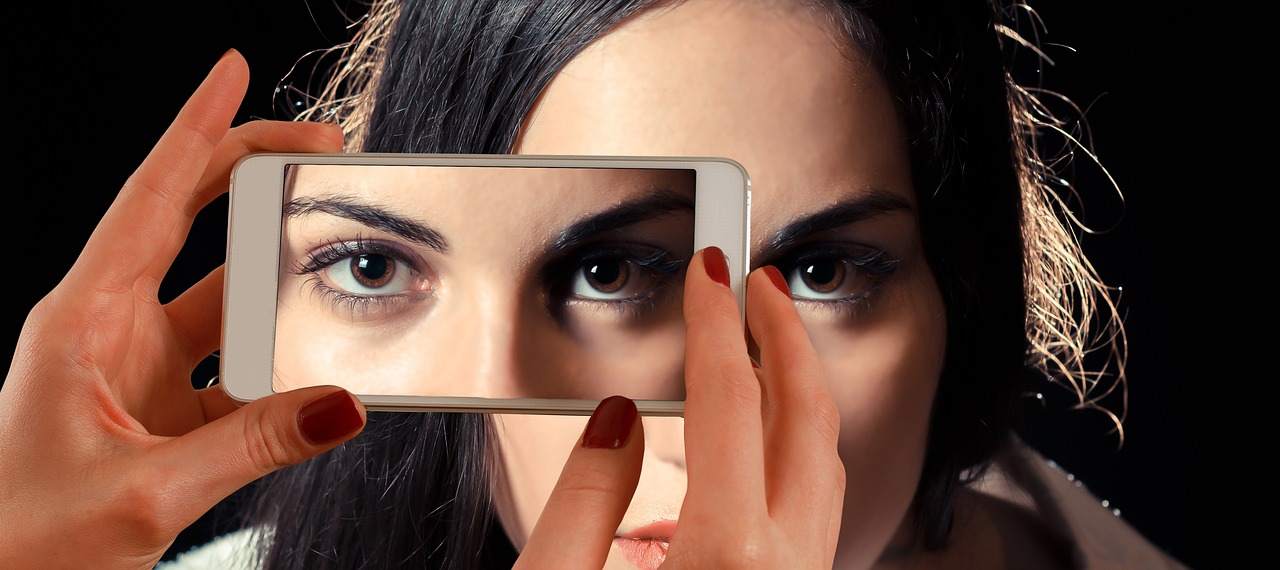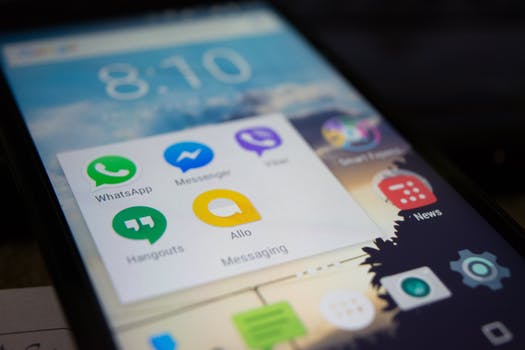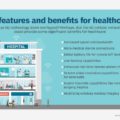
The average American spends more than 7 hours a day looking at a screen. Worldwide, the average person spends just more than 6 hours a day looking at a screen. With the recommended amount being 2 hours, this is a far cry from the ideal amount of time. Why are people spending more time looking at screens and how does this affect their eyesight?
Delving into the reasons behind increased screen time and understanding the mechanics behind these will give us a better understanding of why screen time is off the charts and how this affects eyesight in people.
The Reasons For Increased Screen Time
With the introduction of the first computer with a screen in 1972, coupled with the current popularity of large-display mobile devices and tablets, the world has systematically shifted from physical labor to mental labor over the last 50 years. Only a century ago, men and women would work in fields or in warehouses physically producing things, farming, sewing, building, etc. Now, they spend their time working behind a laptop or playing a game like PlayGD mobi on their devices. The shift toward technology is the reason for this, the internet era is what has had such a large impact on the modern ways of working, which almost all included a screen.
The rise of social media is also a culprit for many people spending more time looking at their smartphones. With platforms like Meta (known previously as Meta), X (previously known as Twitter), Snapchat, Instagram, and YouTube all flooding the market and becoming the main source of daily entertainment for people, screen time continues to rise. The idea of missing out on content and not being up to date with the latest trends or news has created an insecurity within people to constantly check their devices for updates.
The Affect on Eyesight
Since the advent of screens and the rapid increase in people’s intense use of them, doctors and researchers have studied the effects of the screen on the human eye. The essence of the effect is the blue light that is emitted from a screen, whether that is a laptop, mobile phone or TV.
The eye is made of natural light, which means that artificial light, such as blue light, strains the eye and creates what is known as ‘visual noise’ within the eye. This leads to overstimulation which can damage the eyesight in the long run. The retinal cells in the eye, which are in charge of capturing incoming photons and then sending them as electrical and chemical signals through the body’s neuronal pathways to create a visual picture, are damaged by blue light.
Long periods of looking at a screen can lead to dryness, itchiness or irritation around the eye. This is an immediate display of the eyes’ sensitivity toward the blue light emitted from screens. When looking at blue light screens, people tend to blink less resulting in less of a protective coating for the eyes.
The movement of the screen is also incredibly stimulating and challenging for the eyes to process. The retina cell is over-stimulated with the constant movements on the screen and the images are so bright and unnaturally lit, that the cell works overtime to communicate the visual picture to the brain to perceive it as an image. Blue light also fools the brain into thinking that it is always day time so if you work at night, your body will find it harder to switch off when you close your laptop as it will think it’s daytime, resulting in restless nights, which can then lead to depression and unproductivity if not seen to.





